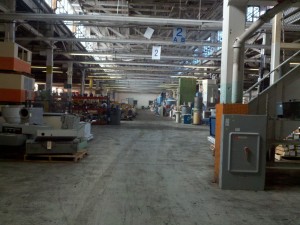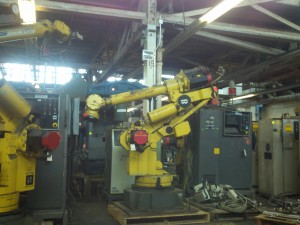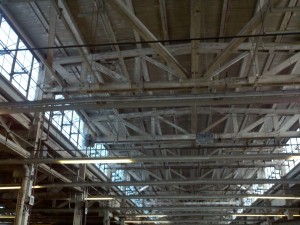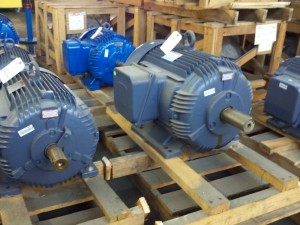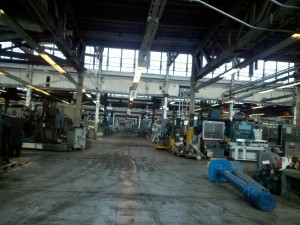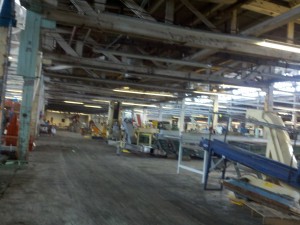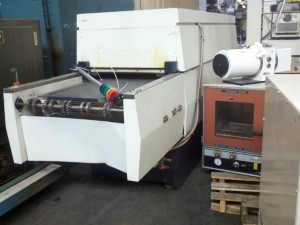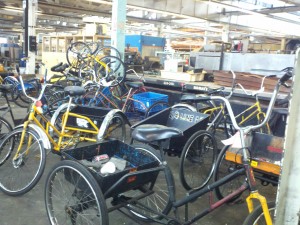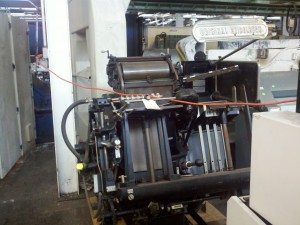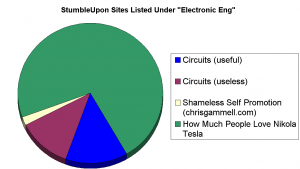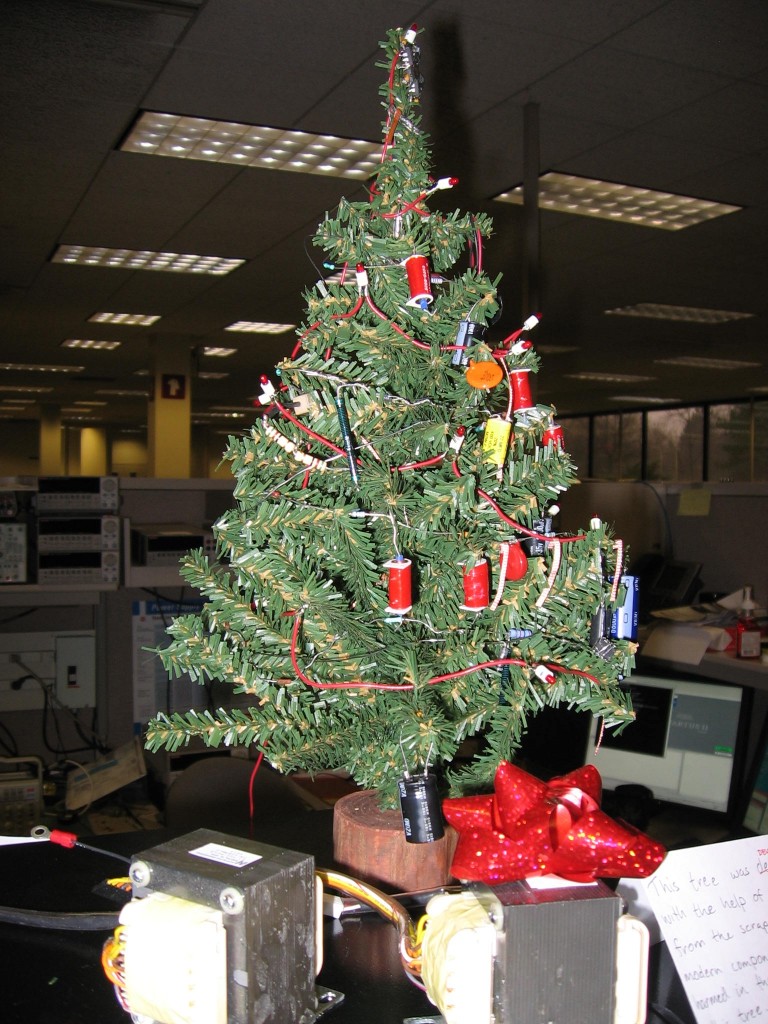Ha, my title sounds like the beginning of a spam email. I’m actually even willing to have at least one FeedBlitz email that gets sent out to be caught in a spam filter, just to prove my point.
Either way, the title of this post looks ridiculous. And yet it is pervasive in headlines on the internet and in newsprint. Why? Because people are hungry for new ideas, new ways to try and make money and free energy (I guess those could all be classified under the money category). The reason these headlines are everywhere is because they work. They grab peoples’ attention, including my own.

But wait.
There are no breakthroughs, right?. There are, but they’re much more rare than the public is lead to believe. Even those breakthroughs aren’t even that big of a leap from the previous discovery. That’s just not how science works, people. Science is iterative. Science is boring. That’s the way science is designed to be. You think up a hypothesis, you test it, you repeat based on those results. Even if you do have some huge breakthrough, you really need to test it out rigorously to determine if it truly is a breakthrough.
Because of this realization, I’ve decided to create a simple guideline for the news media (who will ignore it, even if they ever saw it) and for aspiring pseudo-scientists, who are probably just people trying to sell the first “technology” they get their hands on.
Step 1: Ask yourself, “Has this been done before?”
I’m guessing that yes, you have asked yourself this; and no, it has not been done before. Why else would you be trying to report on it and/or sell it to people? If this has been done before, go back to the drawing board. No one wants to hear from you. (See, this is like science!)
Step 2: If this hasn’t been done before (and this technology you’re investigating seems like a breakthrough), ask yourself, “WHY hasn’t this been done before?”
This is the step that people miss. Either when reporting on a technology or worse, trying to “create” a new technology, they ignore this step. For example, say you’ve figured out that you might be able to harness the motion of trees blowing in the wind. OK, why isn’t anyone doing it now? Have you considered the efficiency of the conversion process? Have you considered the economics of trying to harvest this energy? How long will the payback be for people that purchase such a system?
Step 3: If you believe you’ve overcome the 3 of the stumbling blocks of discovering new energy technologies (efficiency, money, ROI), what has changed?
Be specific. Saying that “it’s never been done before!” will be considered an incomplete answer and you will fail the test. If you are a reporter doing a story on an energy technology that will eventually be the next big thing, say exactly what has to happen and how soon it would have to happen in order for that technology to become viable. If you are “developing” that next big thing, tell us what you overcame and possibly how you overcame it; in the event you are not allowed to divulge that info because it is a trade secret, be prepared for future scrutiny and skepticism. Shrouding a problem does not solve it.
Step 4: Determine: Are you (or the people you’re reporting on) capable of delivering on a consistent basis all of the things that are promised?
Here are some examples of news stories or “inventions” I have heard about but that did not deliver:
- A new chemical compound that can burn hotter and longer than fuel sources currently used but is extremely expensive to make (process). Since it was sold as a disruptive technology, this could not deliver because disruptive technologies must be economically feasible.
- A new processing technique that is based upon ideal lab conditions and low volume manufacturing. Data was not based on a large sample size with many permutations of input variables so the promised (laboratory) conditions could not be delivered.
- A microenergy harvester that was not capable of delivering because the efficiency of the converter was not calculated with realistin inputs and operating conditions. As such, the advertised output power could not be achieved.
- A device based on permanent magnets that requires less energy put in than can be recovered. NOTE: This can never deliver as promised, see laws of conservation of energy and thermodynamics.
I’m not trying to say that people shouldn’t attempt to develop new technologies nor should they only do research on things that are immediately economically viable. That is short sighted and many past inventions would have never been achieved with that mindset. The people I’m reaching out to are the so called “reporters” out there and the so called “inventors”. Basically what I’m saying is that I too am hungry to hear about the next big thing. I look often and I find the same story each time. There was either a miscalculation or a misquote or a fancy-pants marketer trying to sell his big dumb ultra-capacitor that no one has seen to this day (p.s. it’s 2010. We’re still waiting!).
I know I’ve been guilty of it too, getting overzealous about under-developed new technologies. I’m a far cry from mainstream media though and I’ve yet to start “Gammell Energy Industries” to sell a ghost product. So if you’re a reporter/marketer/inventor/whatever, please be gentle with my hope for technologies that will help solve problems in the world. When you lie about a new product or technologies’ capabilities, it only dashes the hopes of others and removes focus from solving the problem at hand.

